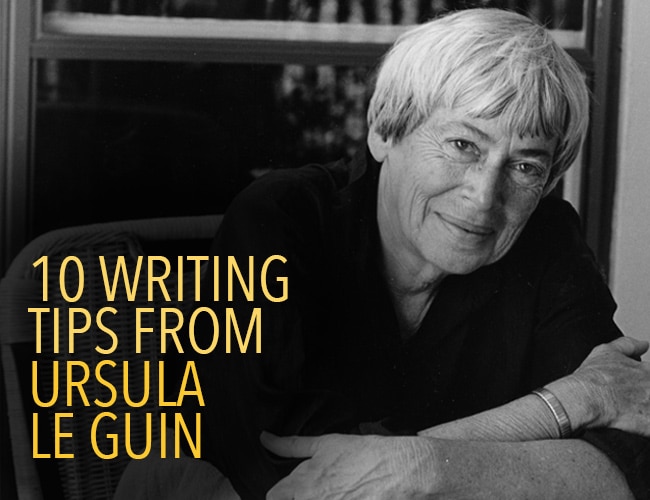
by Joe Bunting |
Le Guin was a “genre” writer who constantly pushed the boundaries of what we think of as genre. Besides sci-fi and fantasy, she wrote poetry, creative nonfiction, and literary fiction.
I honestly believe she will go down in history as one of the greatest writers, literary or otherwise, of the 20th century.
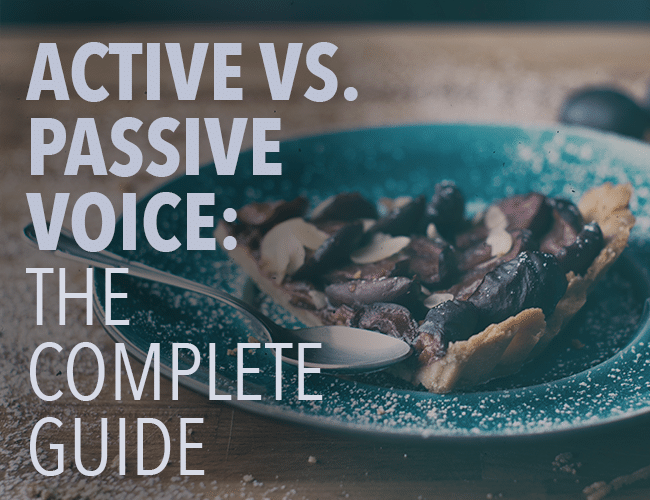
by Liz Bureman |
Let’s understand what we mean when we’re talking about “voice” in a passive sentence versus an active voice sentence. In this case, grammatical voice refers to the verb form used in relationship with the subject and receiver of the action.
(This should not be confused with author voice which is more about the personality and style of a writer throughout their work. That’s something entirely different.)
If you’re still confused, let’s look at some examples that will help you see the difference, and then look at how to use each type of sentence to its best effect. Ready?
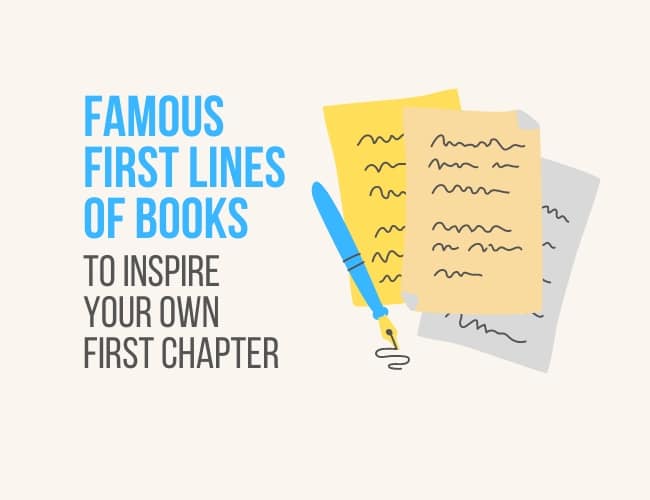
by Guest Blogger |
You never get a second chance to make a good first impression. That’s why these famous first lines of books are a terrific opportunity to learn from the masters of fiction. Take a look and see if one of your own favorites is here.
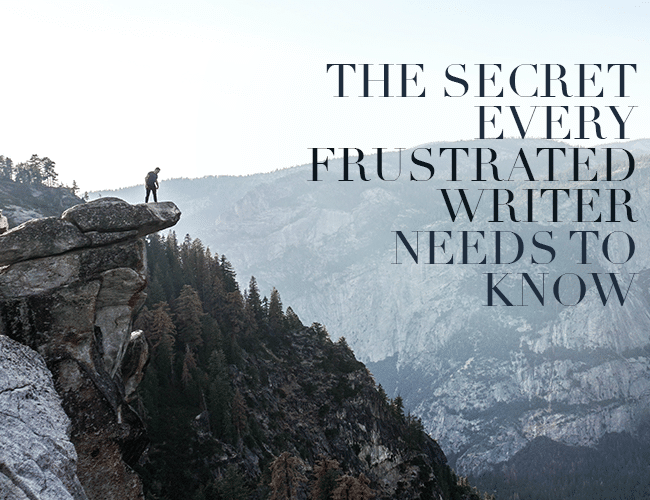
by Ruthanne Reid |
Are you frustrated with your writing? Tired of writing words you know aren’t as good as you want them to be? Frustrated writer, I know why.
A weird thing happens when we finally sit down to write The Book: we expect it to come out as magnificently as we think it should. We see or feel what it should be, and hey—we’ve read and written stuff all our lives, right? It should just come out!
But it doesn’t.
This is normal.
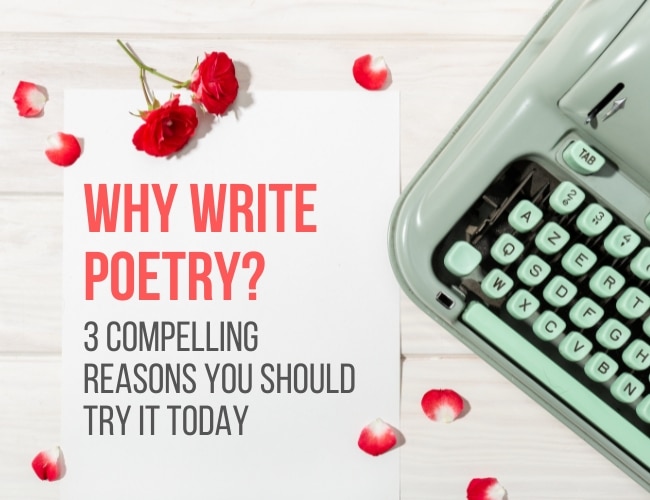
by Kellie McGann |
There are real benefits to writing poetry like expanding your language skills and your ability to capture emotion with words: skills that will help you as a writer, no matter what genre you write in.
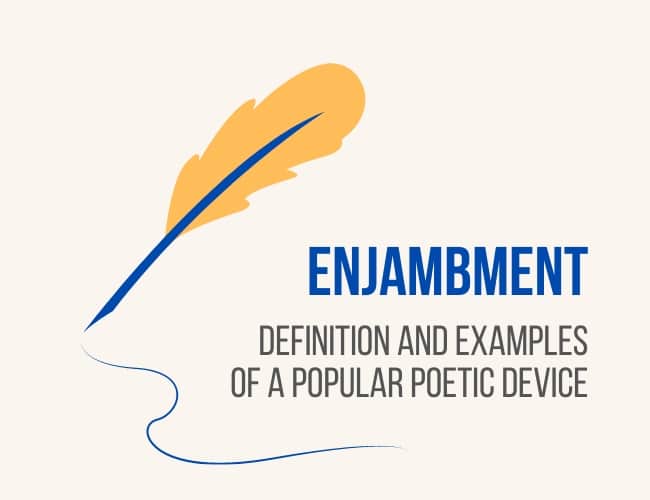
by Liz Bureman |
I love new words. I always get really excited whenever I learn a new word, and I try to use it as often as is applicable in my daily life. Sometimes this is harder to do than I’d like. However, this is a writing blog, and the word I learned today is a writing word. Congratulations, you get to learn about enjambments.








